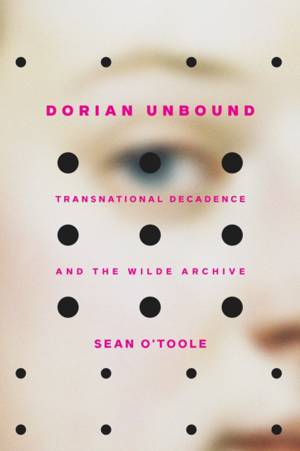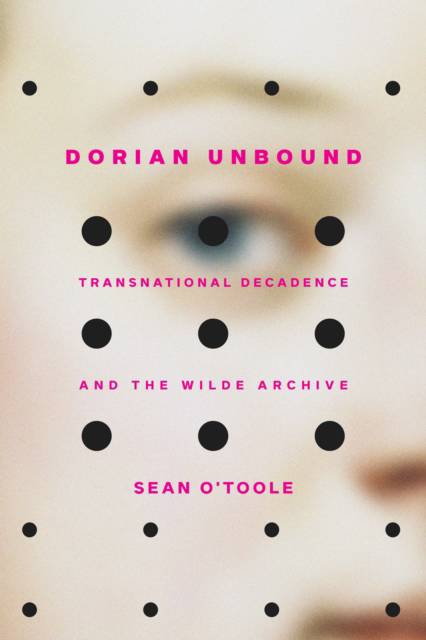
- Afhalen na 1 uur in een winkel met voorraad
- Gratis thuislevering in België vanaf € 30
- Ruim aanbod met 7 miljoen producten
- Afhalen na 1 uur in een winkel met voorraad
- Gratis thuislevering in België vanaf € 30
- Ruim aanbod met 7 miljoen producten
Omschrijving
A bold reimagining of the literary history of Decadence through a close examination of the transnational contexts of Oscar Wilde's classic novel The Picture of Dorian Gray.
Building upon a large body of archival and critical work on Oscar Wilde's only novel, Dorian Unbound offers a new account of the importance of transnational contexts in the forging of Wilde's imagination and the wider genealogy of literary Decadence. Sean O'Toole argues that the attention critics have rightly paid to Wilde's backgrounds in Victorian Aestheticism and French Decadence has had the unintended effect of obscuring a much broader network of transnational contexts. Attention to these contexts allows us to reconsider how we read The Picture ofDorian Gray, what we believe we know about Wilde, and how we understand literary Decadence as both a persistent, highly mobile cultural mode and a precursor to global modernism.
In developing a transnational framework for reading Dorian Gray, O'Toole recovers a subterranean network of nineteenth-century cultural movements. At the same time, he joins several active and vital conversations about what it might mean to expand the geographical reach of Victorian studies and to trace the globalization of literature over a longer period of time. Dorian Unbound includes chapters on the Irish Gothic, German historical romance, US magic-picture tradition, and experimental English epigrams, as well as a detailed history and a new close reading of the novel, in an effort to understand Wilde's contribution to a more dynamic idea of Decadence than has been previously known.
From its rigorous account of the broad archive of texts that Wilde read and the array of cultural movements from which he drew inspiration in writing Dorian Gray to the novel's afterlives and global resonances, O'Toole paints a richer picture of the author and his famously allusive prose. This book makes a compelling case for a comparative reading of the novel in a global context. It will appeal to historians and admirers of Wilde's career as well as to scholars of nineteenth-century literature, queer and narrative theory, Irish studies, and art history.
Specificaties
Betrokkenen
- Auteur(s):
- Uitgeverij:
Inhoud
- Aantal bladzijden:
- 192
- Taal:
- Engels
Eigenschappen
- Productcode (EAN):
- 9781421446530
- Verschijningsdatum:
- 18/04/2023
- Uitvoering:
- Paperback
- Formaat:
- Trade paperback (VS)
- Afmetingen:
- 157 mm x 221 mm
- Gewicht:
- 272 g

Alleen bij Standaard Boekhandel
Beoordelingen
We publiceren alleen reviews die voldoen aan de voorwaarden voor reviews. Bekijk onze voorwaarden voor reviews.











